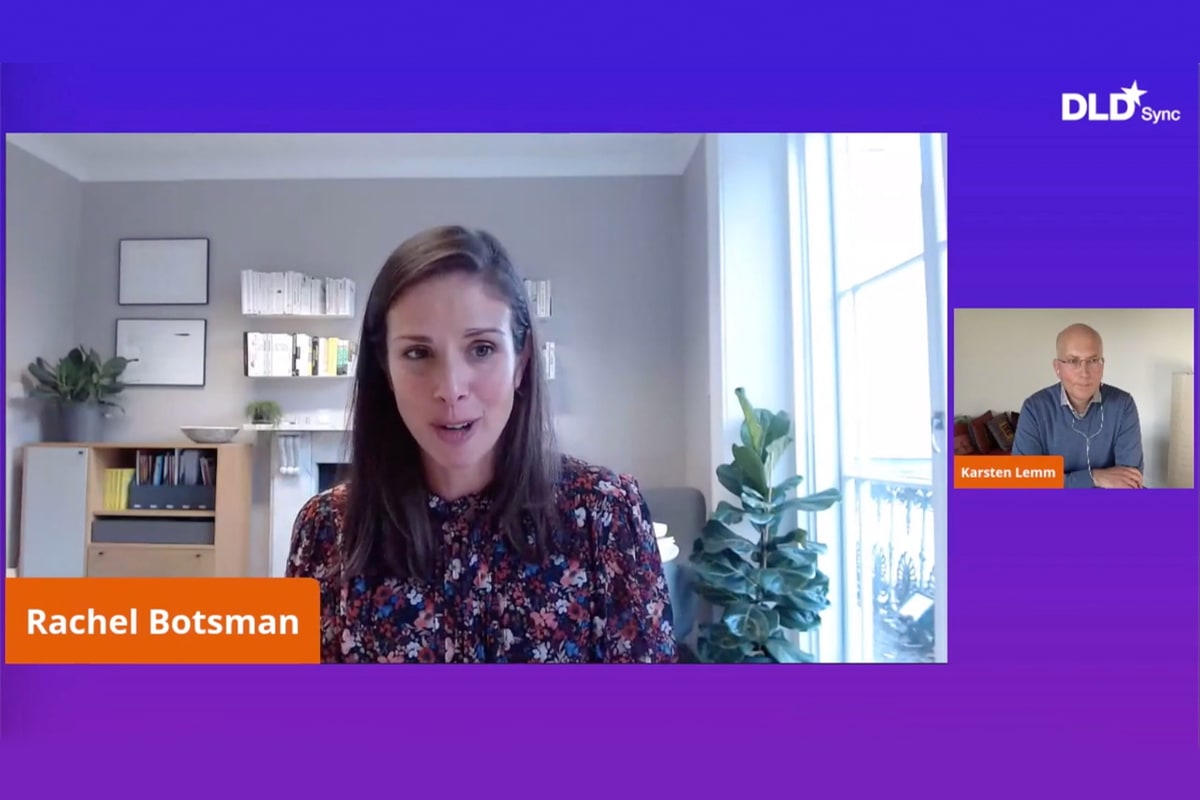DLD Sync

How Data and AI Shape the Future of the Enterprise
It’s a cliché that data is the oil of the information age, but it highlights the importance of data to the digital economy. Unlike oil, data is an infinite resource. In fact, it comes in such abundance that it is harder to refine than its industrial age counterpart.
One of the key challenges for enterprises is to put their data to good use. This means defining, measuring and analyzing the right parameters. It means turning data into a competitive advantage, into smoother and leaner processes, and better products and services – which drive market value just as much as customer satisfaction and, ideally, use fewer limited resources.
Ulrike Hoffmann-Burchardi, Senior Portfolio Manager and Partner at Tudor Investment, took a deep-dive into how data, AI and automation are key shapers of the enterprise of the future with Ali Ghodsi, Co-Founder and CEO of Databricks – a unified platform for massive-scale data engineering, collaborative data science, full-lifecycle machine learning and business analytics with a customer base of more than six thousand organizations worldwide.
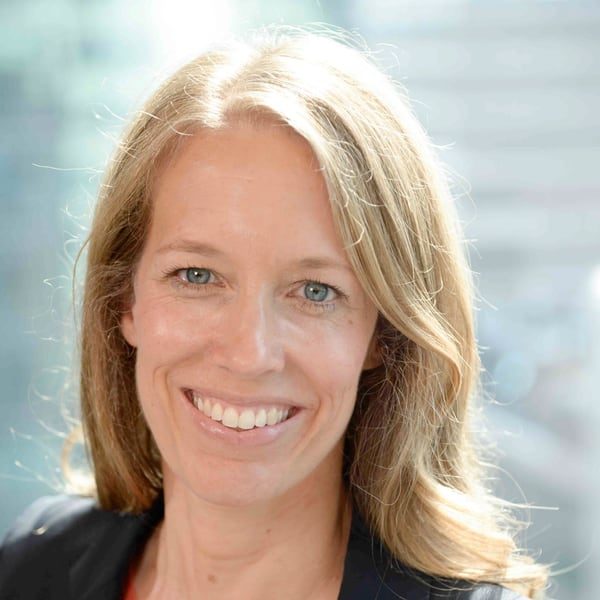
Ulrike Hoffmann-Burchardi
UBS Chief Investment Office
Dr. Ulrike Hoffmann-Burchardi is the CIO for Global Equities at the UBS Chief Investment Office. She is a member of the Global Investment Committee, which defines the UBS Investment House View, guiding USD 5.5 trillion in assets for UBS Global Wealth Management. Before joining UBS, Ulrike was a Partner and Senior Portfolio Manager at Tudor Investment Corporation.
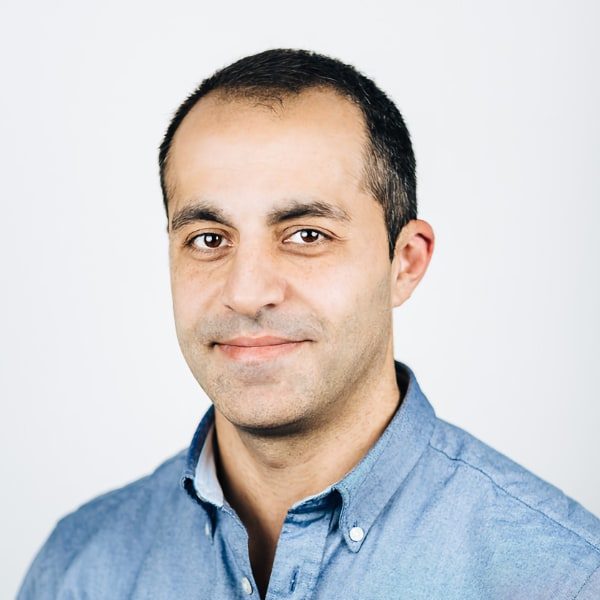
Ali Ghodsi
Databricks
Ali Ghodsi is the CEO and co-founder of Databricks. In addition, he serves as an adjunct professor at UC Berkeley and is on the board at UC Berkeley’s RiseLab. Ali was one of the original creators of open source project Apache Spark.
Video
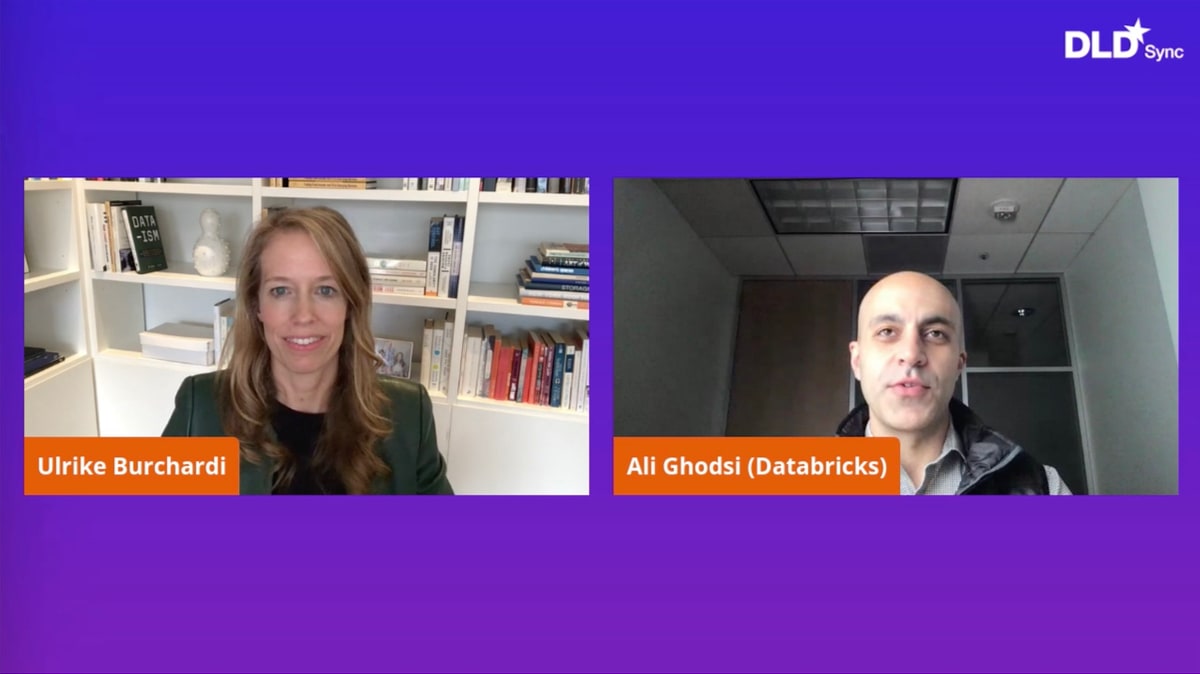
Sync Scroll
| Time | Topic |
| 0:05 | Welcome by Steffi Czerny |
| 3:30 | Ulrike Hoffmann-Burchardi introduces Databricks and Ali Ghodsi |
| 4:25 | Ali Ghodsi on his childhood in Sweden and early fascination with coding and computers. |
| 6:10 | The origins of Databricks: How Ali Ghodsi and Ion Stoica met at U.C. Berkeley. |
| 7:30 | Developing Apache Spark. “This is almost like 1960s: There’s a new computer, and the new computer is the data center. It’s the cloud.” (Ali Ghodsi) |
| 9:05 | Artificial intelligence in data centers: How a Netflix competition sparked the making of Spark. |
| 11:35 | “We want the whole world to take this and run with it.” Turning research into a product. |
| 12:15 | With a little help from Ben Horowitz and a16z… |
| 13:35 | The challenge: making people use Spark instead of Hadoop. |
| 15:05 | An event in 2015 changes everything: the “sort contest”. |
| 16:40 | Suddenly everybody is talking about Spark – but “nobody knew that Databricks is the company behind Spark.” |
| 18:00 | The next challenge: earning money. “We succeeded in having impact in the world with open source project. We’re not business guys.” |
| 20:10 | Ali Ghodsi becomes CEO, benefits from his “data driven” background in academics. |
| 21:45 | “Most researchers are pretty good marketers. You have to explain the research results and convince other researchers who are very skeptical…” |
| 24:00 | Three pivots in 2016 that make all the difference. |
| 24:45 | The Delta project: addressing the needs of enterprises. |
| 26:30 | The hardest part about AI? Making the data useful for smart algorithms. |
| 27:30 | Why Databricks takes an integrated approach: “I think our secret sauce is that we combine the data processing and AI in one platform.” |
| 28:15 | Data lakes, data swamps, and the Lakehouse concept. |
| 31:30 | Why purified data is better data. |
| 33:00 | Regeneron, DNA databases, drug discovery: How companies use Databricks to battle Covid-19. |
| 35:00 | Data analytics and AI in predictive maintenance. “We tell them in advance, what’s the probability that some device will break down.” |
| 37:30 | Better usability with the help of automatic machine learning. “We automate, under the hood, a lot of the things that the data scientists today do manually.” |
| 39:10 | Managing the whole lifecycle of data, from preparation to production and back. |
| 42:00 | The advantages of open source. |
| 43:00 | Advice to CIOs: “Build with AI in mind. Don’t think about AI and data science as an afterthought.” |
| 44:40 | The right cloud computing strategy. |
| 48:05 | Advantages of data streaming. |
| 51:15 | Understanding unstructured data, nuances, emotion? Score one for human intelligence. |
| 54:30 | Data analytics and AI trends in 2021. |
| 56:50 | Advice to the young: “Double down on something and become worldclass in it.” |
| 1:01:40 | Wrap-up. |
More DLD Sync
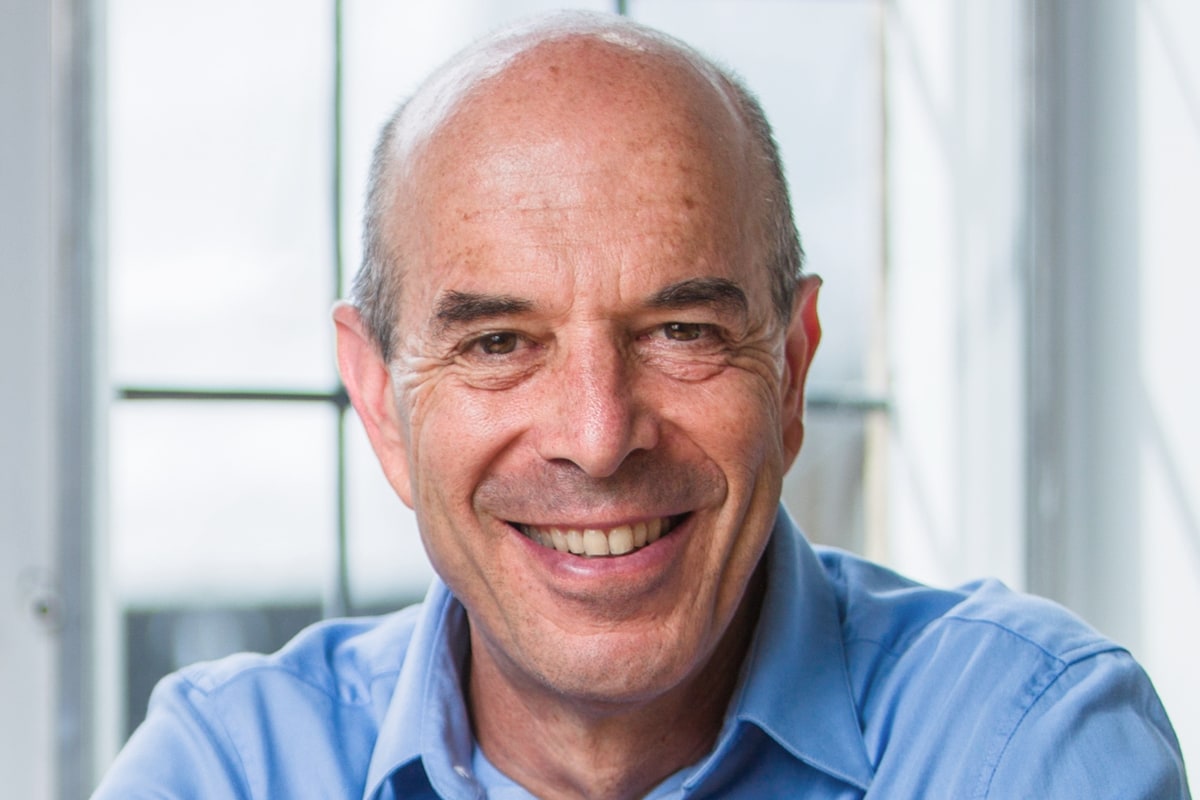
Covid-19: From Global Crisis to a Better World
